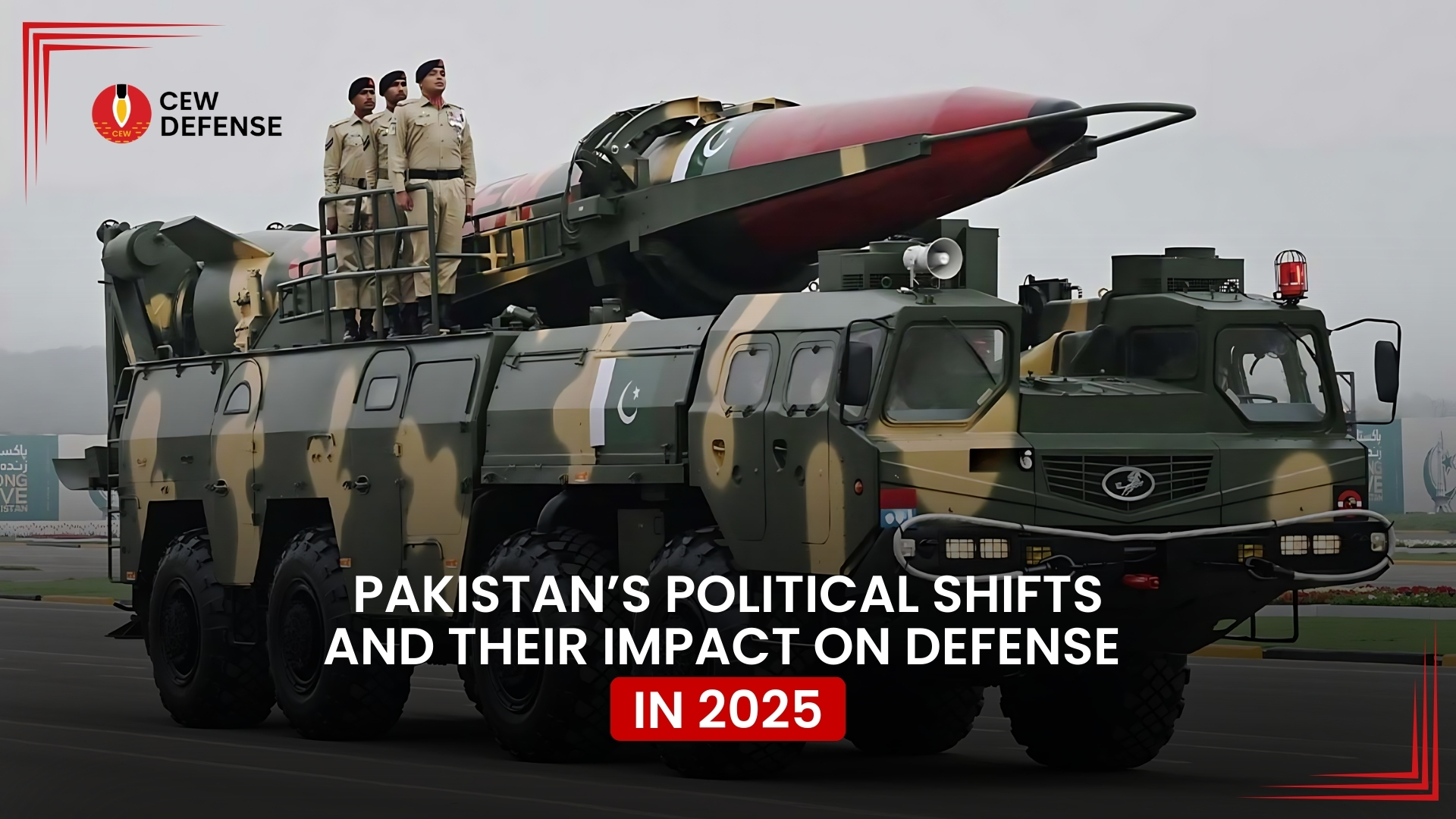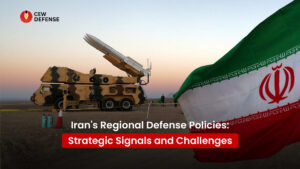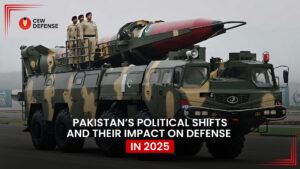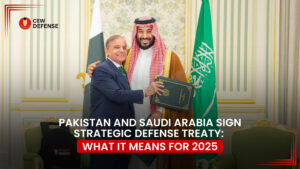Introduction
In 2025, Pakistan is witnessing major political and defense developments that are reshaping the country’s security outlook. From landmark treaties to new defense commands and counter-insurgency operations, politics and defense are more closely linked than ever. Chenab Defense examines the implications of these changes.
Political Developments in 2025
The year brought major coalition shifts and policy reforms. One of the most significant moves was the signing of a strategic defense treaty with Saudi Arabia in September 2025, pledging joint defense cooperation and intelligence sharing. This agreement, covered by Reuters and AP, signals stronger ties between Islamabad and Riyadh.
Defense Restructuring and Budget
Pakistan boosted its defense budget by nearly 20% in FY 2025–26. A new Army Rocket Force Command was established, consolidating missile operations under a unified command to enhance deterrence capabilities.
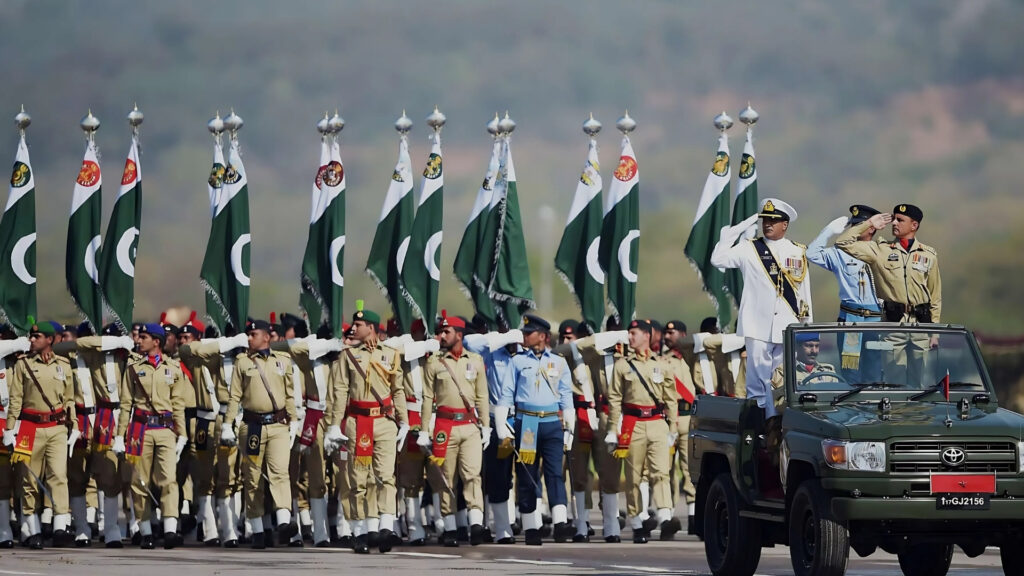
Internal Security Operations
Domestically, counter-insurgency operations gained momentum. Operation Sarbakaf launched in Bajaur in July 2025 targeted militant strongholds, while Balochistan saw heightened insurgent activity under Operation Baam, requiring intensified military response.
Foreign Policy & Regional Implications
The Saudi treaty also affects Pakistan’s regional position, especially regarding Iran and Israel. Pakistan must now balance strong ties with Riyadh while managing relations with neighboring powers. Meanwhile, partnerships with China and the U.S. remain crucial for defense technology and intelligence sharing.
Conclusion
Pakistan’s politics in 2025 have directly shaped its defense priorities, from larger budgets and new commands to regional alliances. For Chenab Defense, these developments highlight the importance of staying informed, reliable, and ready to provide analysis as Pakistan navigates this critical period.

